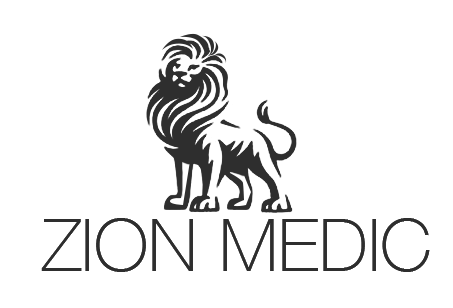What is Chemotherapy?
Chemotherapy, often referred to simply as “chemo,” is a systemic treatment approach that uses powerful medications to destroy cancer cells or inhibit their growth and spread throughout the body. These medications, known as cytotoxic drugs, target rapidly dividing cells, including cancer cells, but may also affect normal cells in the body, leading to side effects.
The Role of Chemotherapy in Cancer Treatment:
Chemotherapy plays a crucial role in the management of various types of cancer, including:
- Solid Tumors: Chemotherapy may be used as a primary treatment modality for certain solid tumors, such as breast cancer, lung cancer, ovarian cancer, and colorectal cancer. It can be administered before surgery (neoadjuvant chemotherapy) to shrink tumors, after surgery (adjuvant chemotherapy) to destroy any remaining cancer cells, or as a palliative treatment to relieve symptoms and improve quality of life.
- Hematological Malignancies: Chemotherapy is a cornerstone of treatment for hematological malignancies, including leukemia, lymphoma, and multiple myeloma. It targets cancer cells in the bone marrow, lymph nodes, and bloodstream, aiming to achieve remission and prevent disease recurrence.
- Metastatic Disease: Chemotherapy is often used in the treatment of metastatic cancer, where cancer has spread to distant organs or tissues. It can help control the growth of metastatic lesions, alleviate symptoms, and prolong survival.
- Combination Therapies: Chemotherapy is frequently combined with other treatment modalities, such as surgery, radiation therapy, and targeted therapy, to maximize treatment efficacy and improve outcomes. Combinatorial approaches are tailored to each patient’s unique cancer diagnosis and treatment goals.
- Chemotherapy is a widely used treatment modality for various types of cancer. While its effectiveness can vary depending on the specific cancer type, stage, and individual patient factors, chemotherapy remains a cornerstone of cancer treatment for many malignancies. Here is a list of cancer types for which chemotherapy is often effective:
- Breast Cancer: Chemotherapy may be used as adjuvant therapy following surgery to reduce the risk of cancer recurrence or as neoadjuvant therapy to shrink tumors before surgery. It is also used in the treatment of metastatic breast cancer.
- Lung Cancer: Chemotherapy is a primary treatment option for both non-small cell lung cancer (NSCLC) and small cell lung cancer (SCLC), either alone or in combination with other treatments such as surgery, radiation therapy, or targeted therapy.
- Colorectal Cancer: Chemotherapy is commonly used in the treatment of advanced colorectal cancer, both as adjuvant therapy after surgery and as palliative treatment for metastatic disease.
- Ovarian Cancer: Chemotherapy is a key component of treatment for ovarian cancer, often used in combination with surgery and/or targeted therapy to achieve optimal outcomes.
- Leukemia: Chemotherapy is the mainstay of treatment for various types of leukemia, including acute lymphoblastic leukemia (ALL), acute myeloid leukemia (AML), chronic lymphocytic leukemia (CLL), and chronic myeloid leukemia (CML).
- Lymphoma: Chemotherapy is a standard treatment for Hodgkin lymphoma and non-Hodgkin lymphoma, often administered in combination with immunotherapy or radiation therapy.
- Prostate Cancer: Chemotherapy may be used in the treatment of advanced prostate cancer that has spread beyond the prostate gland, particularly in cases where hormone therapy is no longer effective.
- Pancreatic Cancer: Chemotherapy is commonly used in the treatment of advanced pancreatic cancer, either alone or in combination with other treatments such as surgery or radiation therapy.
- Bladder Cancer: Chemotherapy may be used as neoadjuvant therapy before surgery for muscle-invasive bladder cancer or as adjuvant therapy after surgery to reduce the risk of cancer recurrence.
- Testicular Cancer: Chemotherapy is a primary treatment for testicular cancer, particularly in cases where the cancer has spread beyond the testicle.
- Sarcoma: Chemotherapy may be used in the treatment of soft tissue sarcomas and bone sarcomas, either as neoadjuvant therapy before surgery or as adjuvant therapy after surgery.
- Brain Tumors: Chemotherapy may be used in the treatment of certain types of brain tumors, particularly high-grade gliomas such as glioblastoma multiforme.
It’s important to note that the effectiveness of chemotherapy can vary depending on individual patient factors and tumor characteristics. Treatment decisions should be made in consultation with a multidisciplinary team of oncology experts based on comprehensive diagnostic evaluation and consideration of each patient’s unique circumstances


